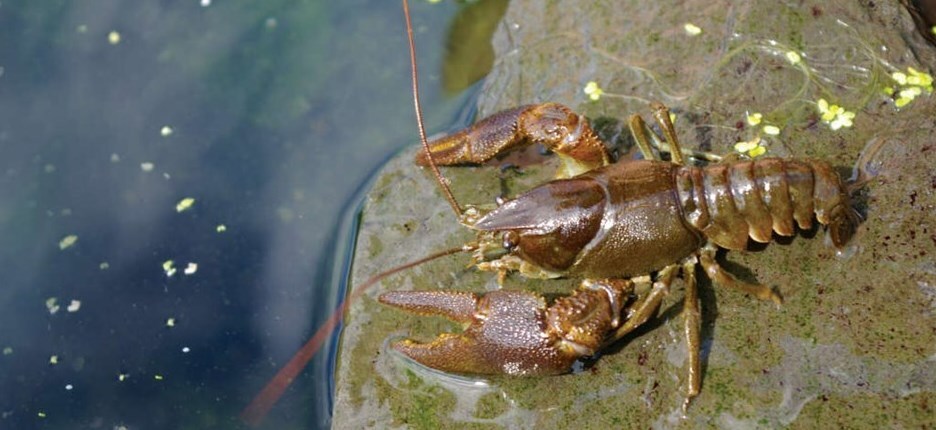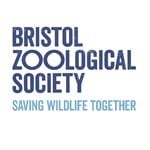
Funded
- About
Nature is in crisis, where we live.
Action is needed now. Be part of the solution.
In the last 50 years, 56% of species in the UK have declined as human development, agriculture, pesticides, pollution, and climate change continue to devastate natural habitats and destroy populations of wildlife.
As the damage to nature becomes visible to all, people like you are increasingly concerned and willing to act. Zoos have a vital role in connecting people to nature to engage and inspire the conservationists of the future. Our aim is for wildlife to be a part of everyone’s life and for people to want to protect nature now and in the future.
The team at Bristol Zoological Society has the expertise to help save wildlife at risk, including mammals, birds, invertebrates, reptiles, amphibians and plants. This vital work is delivered by those who dedicate their lives to support wildlife recovery.
Together with our community networks, partners and supporters, you can help our conservation professionals continue to lead breeding programmes, survey and reintroduce species to the wild, restore habitats, and conduct evidence-based research, helping to save wildlife together.
It’s not too late. There are actions - some quite small - that we can all take to protect native wildlife.
Your support makes it possible to coordinate local community action groups to help save and protect native species that are under threat of disappearing forever.
We can all act now to save wildlife together.
By contributing to the Recover Local Nature Appeal, you can make a difference. The money raised will directly support the Society's work and conservationists who protect local wildlife and restore habitats.
Delivering Conservation at Bristol Zoological Society
Bristol Zoological Society has a dedicated UK Conservation team that run a variety of UK-based conservation programmes. Current projects include white-clawed crayfish conservation, monitoring of the only known population of silky wave moths in England, assisting with the toad patrol coordination in and around the Bristol area. Conservationists also survey Wild Place Project, monitoring resident native species such as mammals, birds, invertebrates, reptiles, amphibians and plants.
In addition we run an invasive species rapid response and control programme throughout Bristol.
The BZS team leads invasive species control within Bristol and adjoining counties and coordinates community action groups to assist with this program. Work focuses on the conservation of native UK species both in the wild and at Bristol Zoological Society sites. Participating in captive breeding and reintroduction for species such as barbary carpet moth, fen raft spider, water vole and white=-clawed crayfish.
In 2008, the team established the South West Crayfish Partnership in an attempt to halt the decline of the endangered white-clawed crayfish within SW England and sits on the National Crayfish steering committee.






